Vector Graphics
« Adobe Illustrator CS5 | Somewhere Over The Rainbow »

In the most pure form, vector graphics are visuals made up of points, lines, curves and geometrical shapes. A vector is represented by mathematical equations - going from point A to point B, and can be resized as often as needed without loss of quality. Vector illustration is a popular technique used by many digital artists. Many of today’s image-makers have grown up with vector programs and have developed their skills accordingly, utilizing the huge technologic advances of vector graphics to fuel their creativity.
Vector graphics are most commonly done in programs such as Adobe Illustrator, CorelDraw, Freehand or Flash. A nearly photo like quality or a beautiful abstract result can be achieved if the vector art programs and tools are used by skilled artists and illustrators. Among vector artists and digital art critics, there is a controversy about the photo-realistic vector style. Some consider it as art, while others call it tracing/copying only. Reproducing the contours of a photo, filling it with colors without adding a creative idea is tracing at its simplest level. This is a practice, obviously not art. The secret of the most creative vector graphics lies in the artistic combination of this great technique with cutting-edge concepts and amazing drawing skills.
Vector illustration is a technique, and a style. Many vector artists manage to develop their own unique style using the vector software - much like watercolor painting is a medium, and not what defines the artist’s style. Vector graphics are resolution independent, which means that they can be scaled to any size and their sharpness and detail can be retained without losing the original quality. Fact is that vector graphics usually have a distinct feel and appearance and stand out from the crowd.
A few logical divisions within the vector graphics movement are:
Vector Graphics
This can be any digital graphics created entirely in a vector illustration program such as Adobe Illustrator or CorelDraw. What makes vector graphics desirable is their scalability. The files tend to have a small size because only the information about the point location on the axis is stored. Photos or images are exported as “paths”, and the end result contains no raster images whatsoever. This technique is ideal for logos, as they often need to be used at different sizes.
Vector graphics by Chow Hon Lam
Website: www.flyingmouse365.com
Vector Dominant Graphics
This wide classification is usually for those commercial graphic designers or digital artists who use type and vector elements extensively in their artworks, but may also use photo textures or other raster elements. The downside of this vector variant is that the end result is a rasterized image and can not be scaled as a 100% vector illustration. In order to qualify as a Vector Dominant Graphics, the piece should comprise at least 60 percent or more of vector graphics.
Photo illustrations by Roberto Gamito
Website: www.cargocollective.com/rgquarkup
Vexel Graphics
Vexel graphics are a fresh trend in vector illustration. The word “vexel” comes from the combination of vector and pixel. Vexel graphics are pixel-based illustrations, imitating vector art. This particular style is more common than the pure vector art. The vexel artworks are usually created in Photoshop, but appear to look like true vectors. Vexel graphics often represent a person or object in a super real way - very attractive and stylish or even in a cartoon style. It’s a popular technique to enhance the look of character illustrations, cars and design objects. The vexel technique can be very time consuming, particularly when it involves realism. Even though the final file format of vexel graphics is not a real vector work, the look of the end result gives it a strong vector art feel.
Vexel Graphics by Deftbeat
Comments are closed.
Comments have been close for this post.


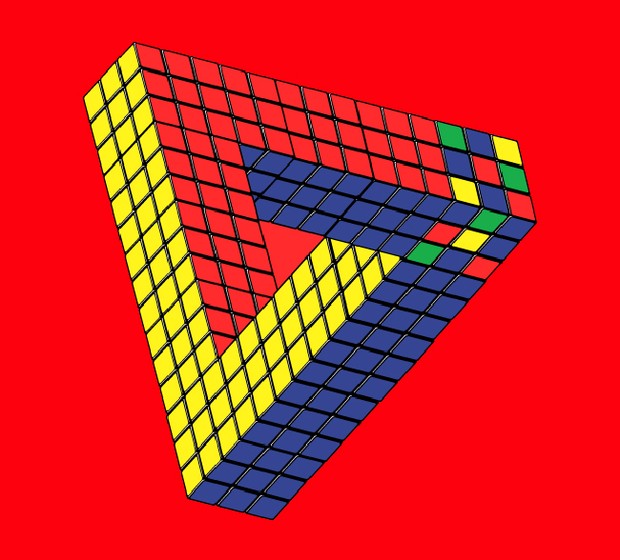
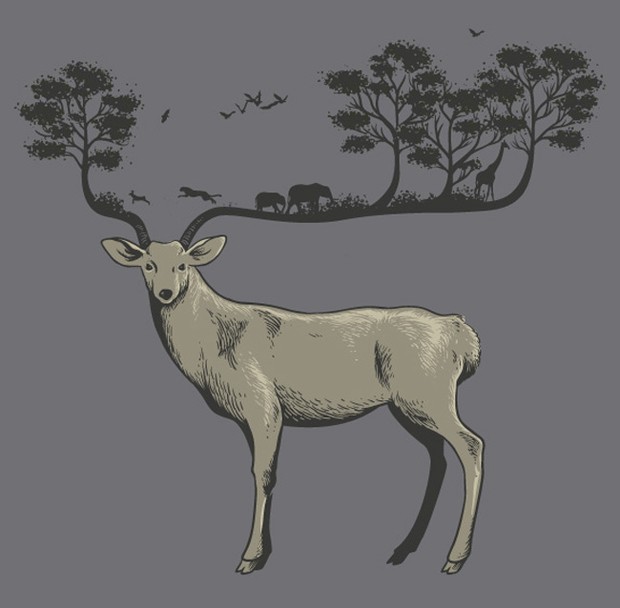
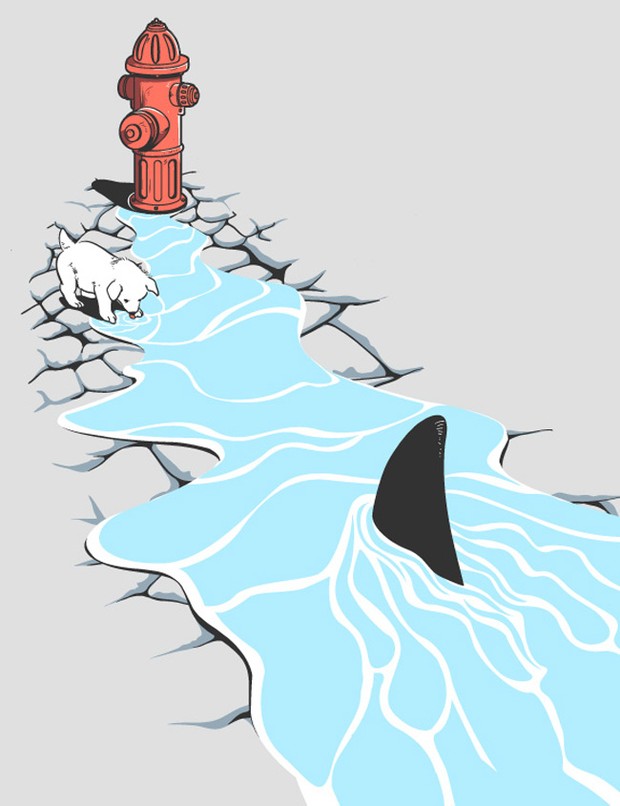

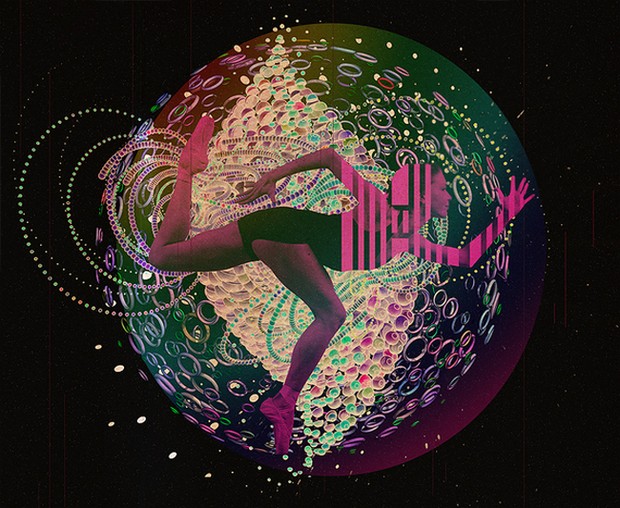

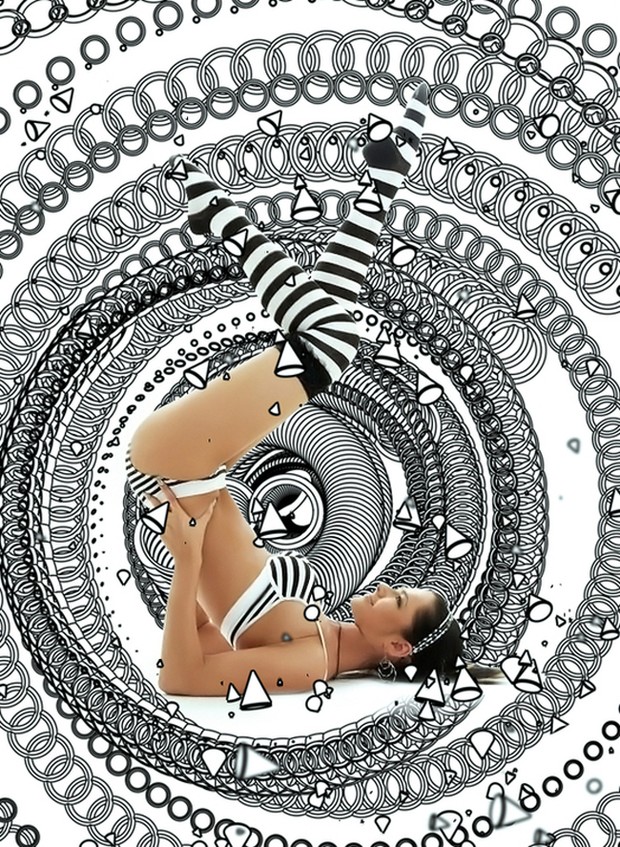





Comments
1 Ann says...
Posted at 12:03 p.m. on April 29, 2010
2 Drifter says...
Posted at 6:49 a.m. on July 28, 2010
3 vector says...
Posted at 6:56 a.m. on July 28, 2010
4 ibraheem mousa says...
Posted at 3:48 a.m. on October 29, 2011